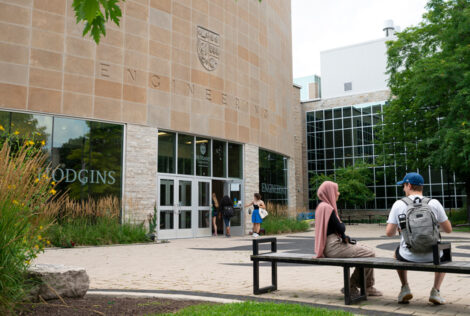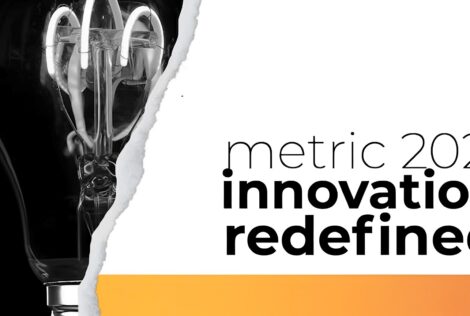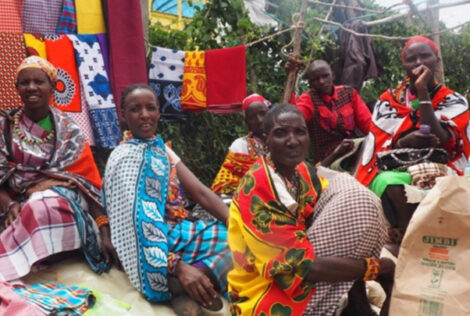
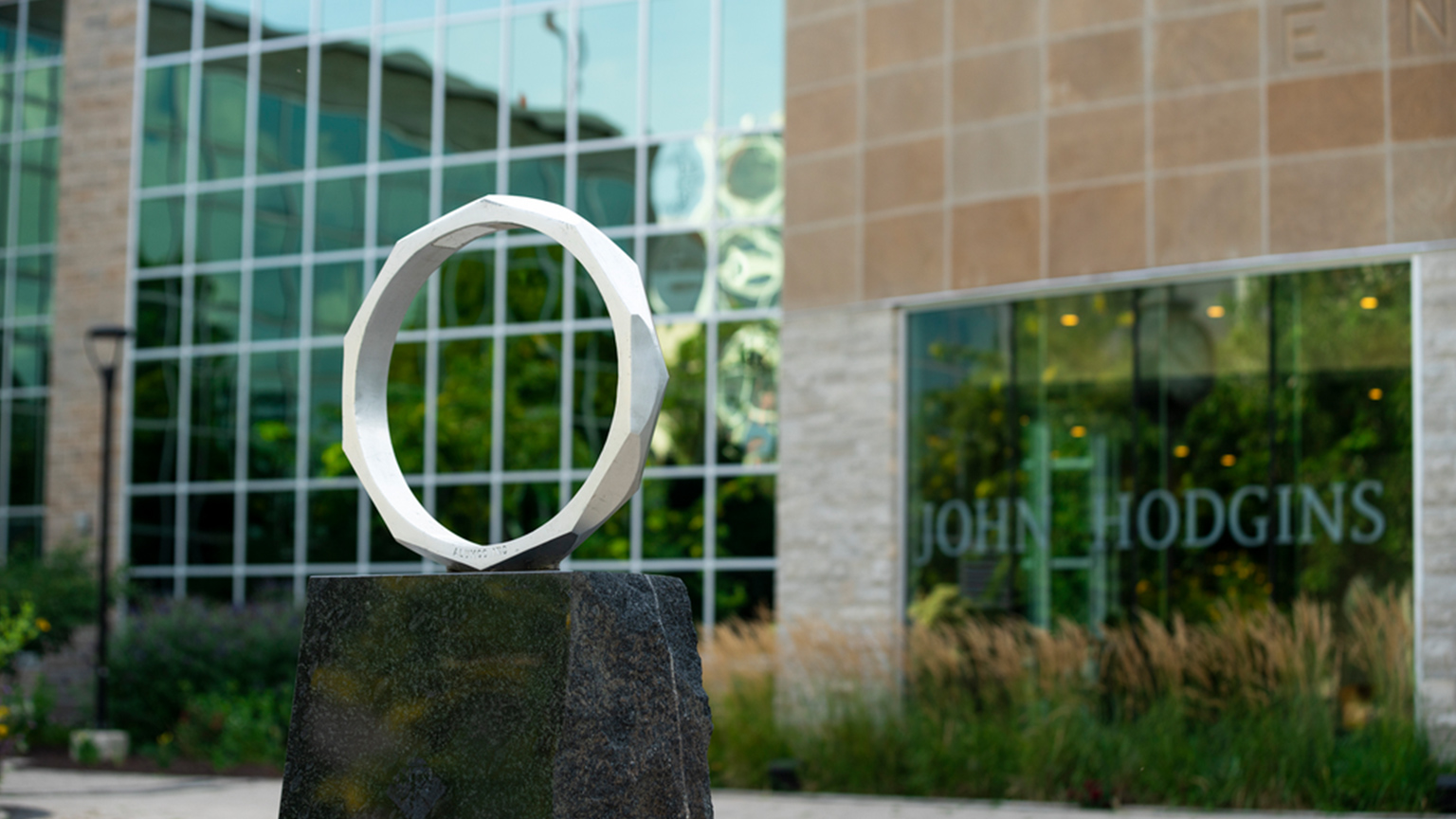
Global Entrepreneurship Week, which runs from November 16 to 22, is a time to inspire entrepreneurs to explore their potential while fostering connections and increasing collaboration within their ecosystems.
From pivoting technology to fight COVID-19, to pitching on CBC’s Dragon Den, to raising over $11M to launch a virtual cardiac clinic, we guarantee you will be inspired by the accomplishments of the following startups. Take a look:
Imaginable Solutions
ImaginAble Solutions creates assistive devices for people living with Amyotrophic lateral sclerosis (ALS), cerebral palsy, arthritis, multiple sclerosis (MS) and those recovering from spinal cord injuries and strokes. Their device, Guided Hands™ enables people living with limited fine motor skills to write, paint and draw as well as type and scroll on a tablet, phone or a computer. Lianna Genovese, a fourth year Mechanical and Biomedical Engineering student, is the startup’s CEO and Founder.
2020 Highlights
ImaginAble Solutions will be piloting Guided Hands™ with Hamilton Health Sciences in January 2021 and Guided Hands™ is officially patent pending. Pre-order requests for Guided Hands are now are now available on their website.
The startup also won the People’s Choice Award at the Innovation Factory LiONS LAIR Competition this past September and were featured in this Hamilton Spectator article following their win.
What’s next?
Genovese has recruited student talent to her team. There are 15 student researchers in software, mechanical and electrical engineering at McMaster working on Guided Hands 2.0.
Apotex Centre, a long-term care facility powered by Baycrest Health Science, are going to pilot Guided Hands™ in their Arts Studio as part of their arts therapy program.
Remember2Love
Remember2Love empowers seniors with assistive technologies. The startup is currently developing a smart-glasses-based digital assistant for older adults with symptoms of cognitive decline. The founders are Computer Engineering graduate, Karan Sabharwal, Electrical and Biomedical Engineering graduate George Padeigis and Computer Engineering and Management student, David Gomez.
2020 Highlights
Remember2Love pitched and won funding at The Forge Student Startup Competition and they completed The Forge’s Summer Startup Academy, driving forward the development of their business plan. They also showcased their product at this past fall’s Demo Day where they connected with industry.
The team received mentorship from McMaster Engineering faculty members, Hubert deBruin and Carlos Filipe; The Forge’s Mariya Leslie and Eric Spearin; the Innovation Factory’s Bruce Inwood and UnstickYourThinking’s Inge Christensen. They also built ties with tech leaders, namely the Head of Business at Google Glass.
What’s next?
Remember2Love hopes to deploy their patient monitoring platform with partnered long-term care homes and assisted-living programs, to empower nursing and home-care staff and health-care providers and to catalyse gains in quality of care and positive outcomes for patients.
Bodyport
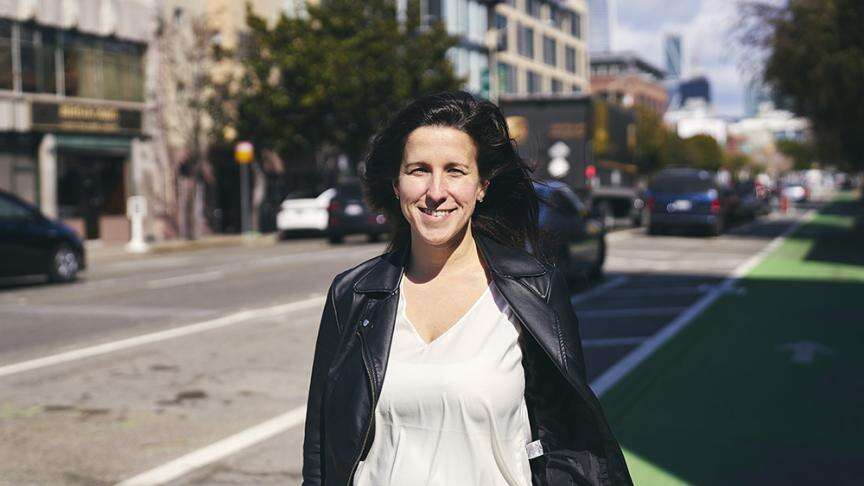
Electrical and Biomedical Engineering alumni, Sara Smith and Corey Centen, are the co-founders of Bodyport, a San Francisco start-up that is developing novel sensor technology to help predict and pre-empt heart disease from the comfort of your home.
2020 Highlights
This past summer, the startup closed an $11.2M Series A investment round. Boehringer Ingelheim Venture Fund (BIVF) led the round and was joined by existing investors Playground Global and Initialized Capital, among others.
The investment brings Bodyport’s total funding to $15.8 million and will help the company deepen key health partnerships and support the launch of a virtual cardiac clinic that brings intelligent interventions to its remote monitoring technology.
What’s next?
Bodyport will collaborate with Brigham and Women’s Hospital to focus on furthering the technology to prevent avoidable hospitalizations and help discover and develop novel diagnostic biomarkers for the early detection of cardiovascular disease.
2Unify
An innovation that started as a final year Engineering Physics Capstone Project, 2unify is an automated hands-free guitar tuning stand that performs automatic tuning by mechanically tuning the pegs on a guitar.
The team is made up of McMaster Engineering graduates and students, Michael Jobity, Michael Salamaszek, Ryan Ng, Curtis Graham, and Mitchell Wong.
2020 Highlights
The startup landed a spot on the upcoming season of the Dragon’s Den. They pitched to the Den in September and impressed the dragons but they cannot reveal whether they received the deal until the season airs.Make sure to watch the upcoming season to find out!
They placed 3rd in the National Entrepreneurship World Cup (Misk Global Forum) and Jobity, the startup’s president and co-founder, was awarded as a Top Talent Under 25.
2unify secured a $45K manufacturing partnership grant by Southern Ontario Network for Advanced Manufacturing Innovation (SONAMI)with the Centre for Advanced Manufacturing and Design Technologies (CAMDT). Additionally, they were a Next36 Finalist and received an R&D grant from Humber College through First Institute of Canadian Inventors.
What’s next?
The team is accepting pre-orders and starting the second round of production. They are also launching a marketing campaign with Digital Music (Beverly Hills) and accepting applications for new design & software positions.
PROVA Innovations
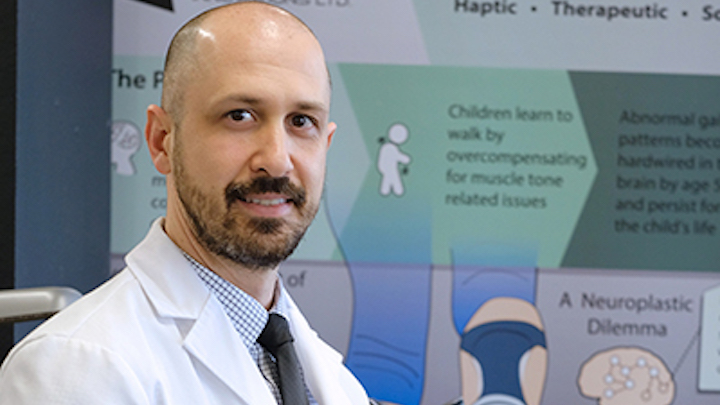
PROVA Innovations, founded by Matthew Rosato, an electrical & computer engineering alumnus, is developing a suite of smart wearables that aid in motor control and neurorehabilitation for children and adults with limited mobility due to a brain injury or neurological disorder.
PROVA’s first product is a wearable shoe cover that measures foot position and delivers bio-feedback through a smart insole. The device makes use of small embedded motors, LEDs, and audio drivers to cue a patient’s movements through each aspect of the gait cycle. If a patient’s movement tracks outside of a clinician’s setpoint, the device delivers sensory feedback helping guide the patient back to a more normal trajectory or position.
2020 Highlights
This past year, PROVA has developed a working prototype and filed a US patent.
The startup also received second place and $25K at the Synapse Life Science Competition as well as the 2020 ONtrepreneur Award of $50K from the Ontario Brain Institute (OBI).
Recently, PROVA has partnered with The Clinic at McMaster and is sponsoring student groups from the Department of Mechanical Engineering and Biomedical Discovery and Commercialization Programmes.
What’s next?
The company is raising seed round funding to further its R&D efforts and prepare for upcoming clinical trials.
Longan Vision
Longan Vision, a startup made of McMaster Engineering alumni and students, Enzo Jia (CEO), Leno Zhao, Jerry Xu, Chang Liu, Martin Shi and Alex Shortt, is developing a Fusion Vision System (FVS), an augmented reality (AR) visor that enhances human vision for firefighters, allowing them to better locate victims.
2020 Highlights
In the wake of COVID-19, the startup pivoted their FVS technology to create Gatekeeper, a scanning device based on temperature-sensing technology. The technology benefits local businesses by easily scanning the temperature of customers who enter their doors. The invention garnered attention from media including The Spectator and Global News.
This past October, the startup received seed round funding from 15th Rock Ventures, a Tokyo based VC firm that invests in Human Augmentation projects. Their innovative efforts were recognized this past January when they won a national research bid for a $200K contract from Innovation Solutions Canada, funded by the Department of National Defence.
What’s next?
The team is preparing for the release of the FVS in 2021.
You can learn more about three of the startups featured here by watching Instagram takeovers from 2Unify, Remember2Love and Imaginable Solutions on the McMaster Engineering Instagram account this week.

